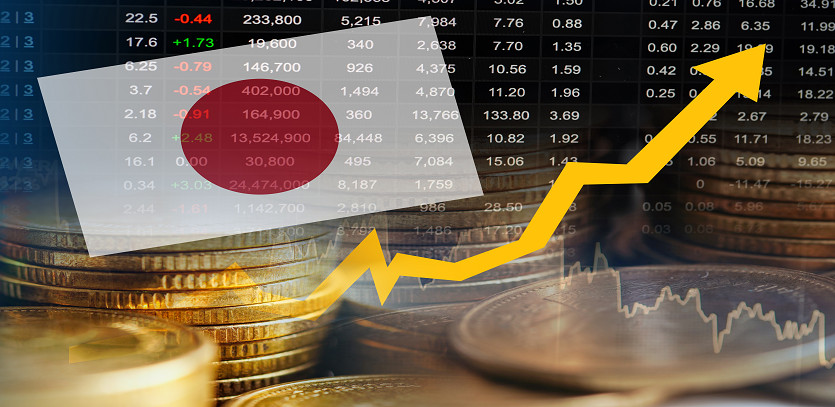Exploring Japan's Financial Powerhouse
Renowned as one of the world's most substantial and fluid markets, Japan's stock market hosts the globally prominent Tokyo Stock Exchange (TSE). The TSE, recognized as the world's third-largest stock exchange in terms of market capitalization, is divided into three main sections. The First Section accommodates the nation's largest and most esteemed companies, while the Second Section serves as a platform for smaller to mid-sized enterprises. The Mothers Market, on the other hand, is a nurturing ground for burgeoning growth companies.
A Historical Rollercoaster
Japan's stock market history is a tale of relentless dynamism, peppered with highs and lows. After an explosive growth phase in the 1980s, it stumbled into a significant crash in the early 90s. Nevertheless, the market has been on a steady ascent ever since, currently celebrating a remarkable 33-year peak.
Phases of Evolution
Over time, Japan's stock market has morphed through diverse developmental stages. The nascent stage or pre-war period was marked by a modest, illiquid market. Post-World War II, it entered a phase of accelerated growth, synonymous with Japan's economic resurgence. This was followed by the bubble period of the late 1980s, during which the market achieved unprecedented highs. The final stage, the post-bubble period, is best known for the market's gradual recuperation from the crash.
Present Snapshot and Future Forecasts
Today, Japan's stock market revels at a 33-year zenith, buoyed by a recovering economy, conducive interest rate scenarios, and the lure of Japanese stocks to overseas investors. Although the market's future might be influenced by factors such as Japan's economic growth rate, interest levels, and investors' risk tolerance, the consensus among experts leans towards a continued upward trajectory.
Diverse Viewpoints
Experts offer a variety of perspectives about the future of the Japanese stock market. While some express concerns about overvaluation and the possibility of an impending correction, others are optimistic, underscoring the market's untapped potential.
Determining Factors
Several elements impact the performance of Japan's stock market, encompassing:
- The state of the Japanese economy
- Interest rate levels
- Investor risk propensity
- Global economic conditions
- Political developments
- Natural catastrophes
In Conclusion
The Japanese stock market, with its myriad influencing factors and dynamic nature, presents a fascinating study. Currently perched at a 33-year high, the consensus among experts suggests a bright future with continued long-term growth.





